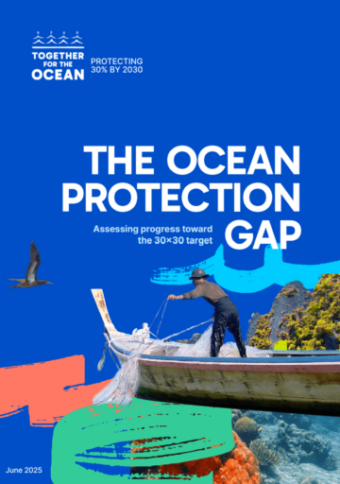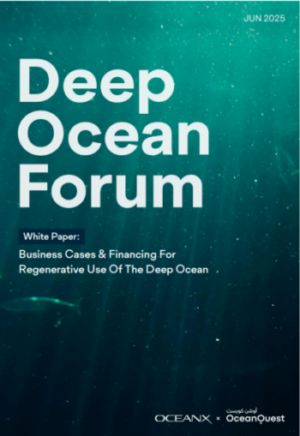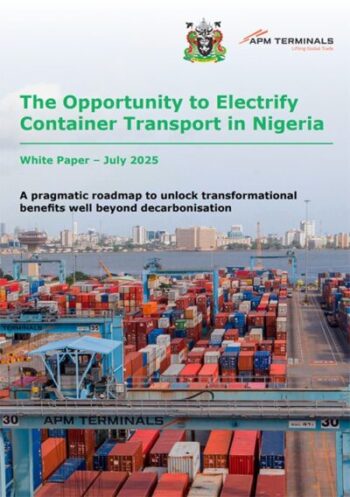As world leaders prepare to gather at the third UN Ocean Conference (UNOC) in Nice next week, a major new report warns that global marine protection efforts are critically underfunded – threatening ocean health, livelihoods, food security and global prosperity.
The Ocean Protection Gap: Assessing Progress toward the 30×30 Target, reveals that just $1.2 billion a year currently flows to ocean protection efforts – a fraction of the $15.8 billion needed annually to deliver the world’s most ambitious conservation target: protecting and conserving at least 30% of the ocean by 2030. That shortfall represents just ~0.5% of annual global defence budgets.
Alarmingly, progress on marine protection globally is too slow and at risk of stalling. Only 8.6% of the ocean is reported as protected, and just 2.7% is assessed and found to be effectively protected – meaning there are regulations and active management in place to ensure minimal or no damaging activities – with the latter a decline from last year.
This flagship report, authored by Systemiq and produced in partnership with the Bloomberg Ocean Fund, SkyTruth, Marine Conservation Institute, Campaign for Nature, WWF International and RISE UP in association with the Together for the Ocean campaign, introduces a new framework to assess the global shortfall in ocean protection, breaking it into three component gaps: finance, ambition and implementation.
The findings are clear: the world is falling dangerously short on delivering 30×30 – closing these gaps is not only vital to ocean health, it’s an economic imperative critical to long-term climate resilience and food security. Protecting 30% of the ocean could unlock around $85 billion per year by 2050 in avoided costs and annual returns from just three key benefits: preserving natural coastal defences, avoiding carbon emissions from seagrass loss, and restoring overexploited fisheries.




